Twitter User Reveals the Hidden Sexism in Science Bios in a Brilliant Way

By:
It's no secret that science has contributed a lot to the world. But one of the failings of the science community has been its slow progress in the area of women's rights. This can been seen in its growing sexual assault problem and its history of allegedly sexist biographies about female scientists, which one Twitter user decided to call out.
To highlight sexism in science, Twitter user @Daurmith wrote prominent male scientist biographies in the same way that bios of female scientists are often written, which highlight their marital status and appearance, BuzzFeed reported.
1. Pierre Curie
_0.jpg?auto=format&crop=faces&fit=crop&q=60&w=736&ixlib=js-1.1.0) Wikimedia Commons/Dujardin - wikimedia.org
Wikimedia Commons/Dujardin - wikimedia.org
The French physicist is considered the founding father of modern physics and is best known for being a pioneer in radioactive studies. He is also the husband of noted scientist and Nobel prize winner Marie Curie.
2. Charles Darwin
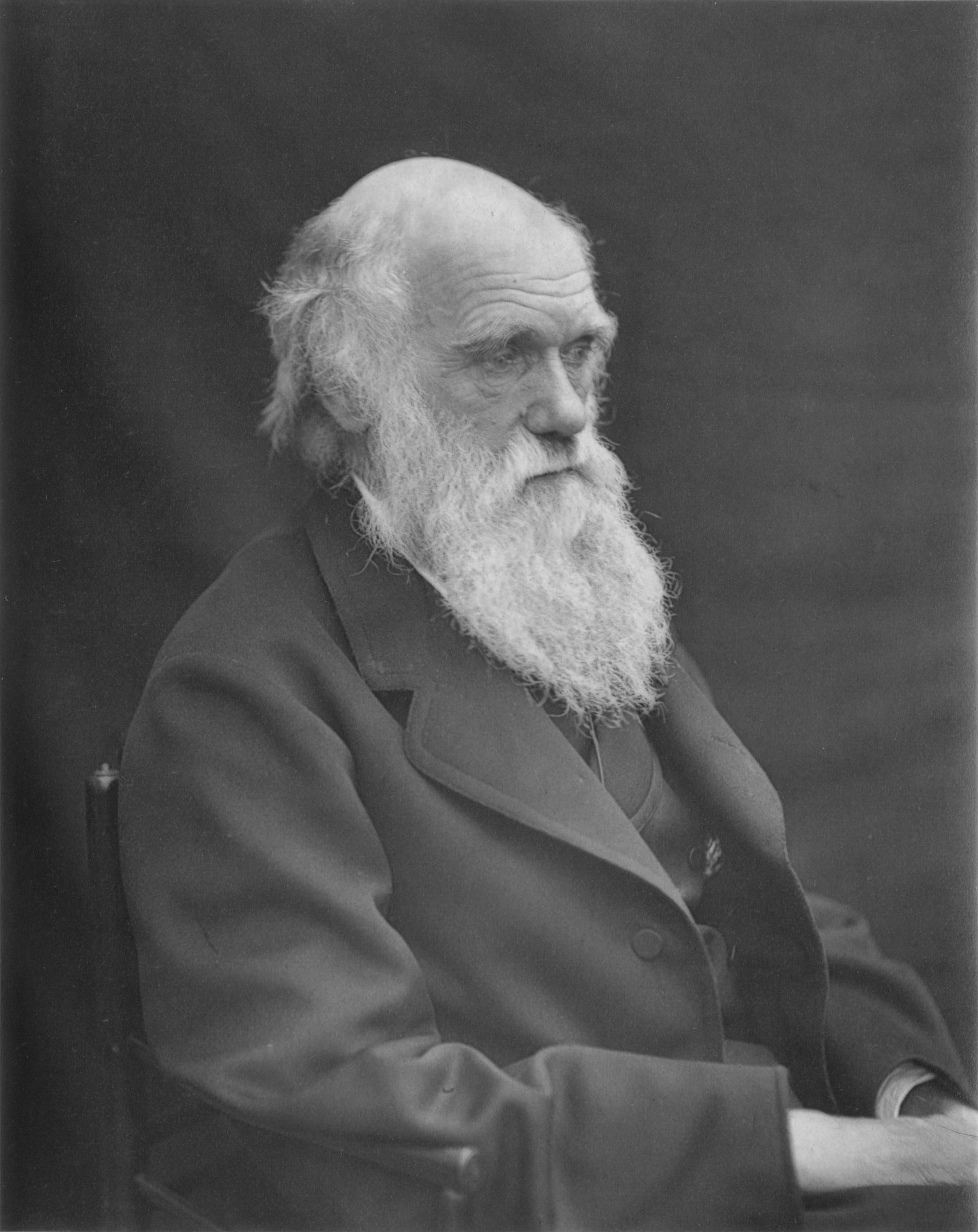 Wikimedia Commons/Leonard Darwin - wikimedia.org
Wikimedia Commons/Leonard Darwin - wikimedia.org
Darwin was a biologist and scientist responsible for the theory of evolution.
3. Isaac Newton
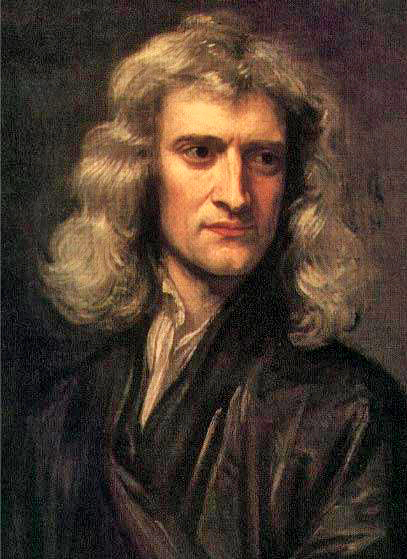 Wikimedia Commons/Sir Godfrey Kneller - wikimedia.org
Wikimedia Commons/Sir Godfrey Kneller - wikimedia.org
Newton was an English physicist and mathematician, most famous for his law of gravity.
4. Erwin Schrödinger
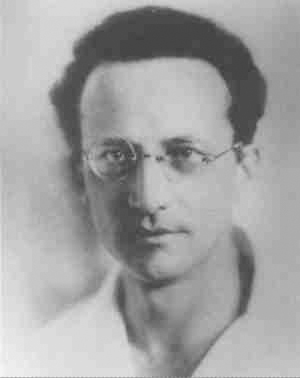 Wikimedia Commons - wikimedia.org
Wikimedia Commons - wikimedia.org
The Nobel Prize-winning Austrian physicist changed the face of quantum theory.
5. Richard Feynman
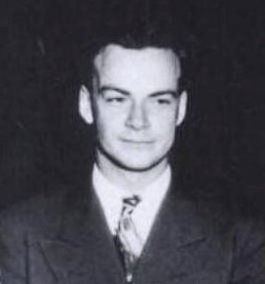 Wikimedia Commons - wikimedia.org
Wikimedia Commons - wikimedia.org
The American physicist is known for his work in quantum mechanics and involvement in developing the atomic bomb.
6. Oliver Sacks
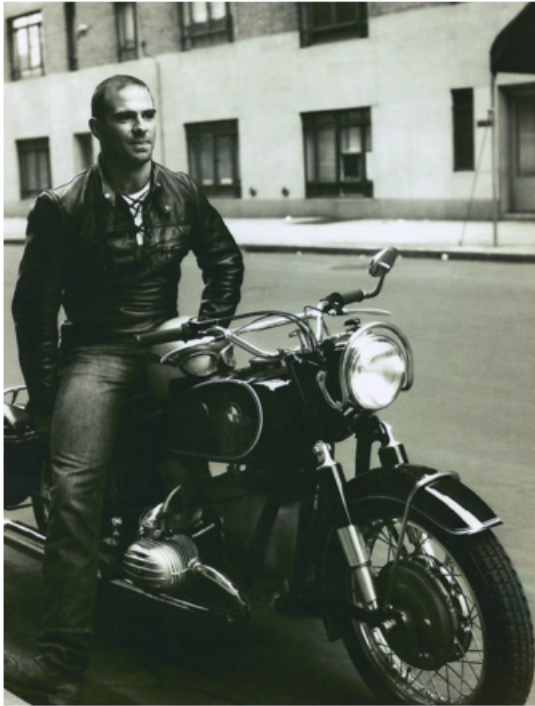 oliversacks.com - oliversacks.com
oliversacks.com - oliversacks.com
The physician is best known for his collections of neurological case histories, including "The Man who Mistook his Wife for a Hat," "Musicophilia: Tales of Music and the Brain," and "An Anthropologist on Mars."
@Daurmith, who told BuzzFeed that they wanted to remain anonymous, said they were inspired to tweet these histories after they saw a piece about "British poet Sarah Howes winning the T.S. Eliot Prize, which focused more on her looks than poetry."
“I got to thinking about that and about all the other times I’ve seen articles written about notable women in which their looks/makeup secrets/wardrobe advice were discussed, sometimes instead of — not besides — her work," @Daurmith continued.
The tweets were originally posted in Spanish. However, it wasn't until the tweets were later translated to English that @Daurmith began to get a response.
“I find it charming that, when I translated the tweets to English, many people thought they were lovely and wished men were described more often like that," @Daurmith told BuzzFeed. "This didn’t happen with the original tweets in Spanish and gave me food for thought. I could have been nastier writing the tweets; I’m very glad I wasn’t. It gave me a different perspective.”
